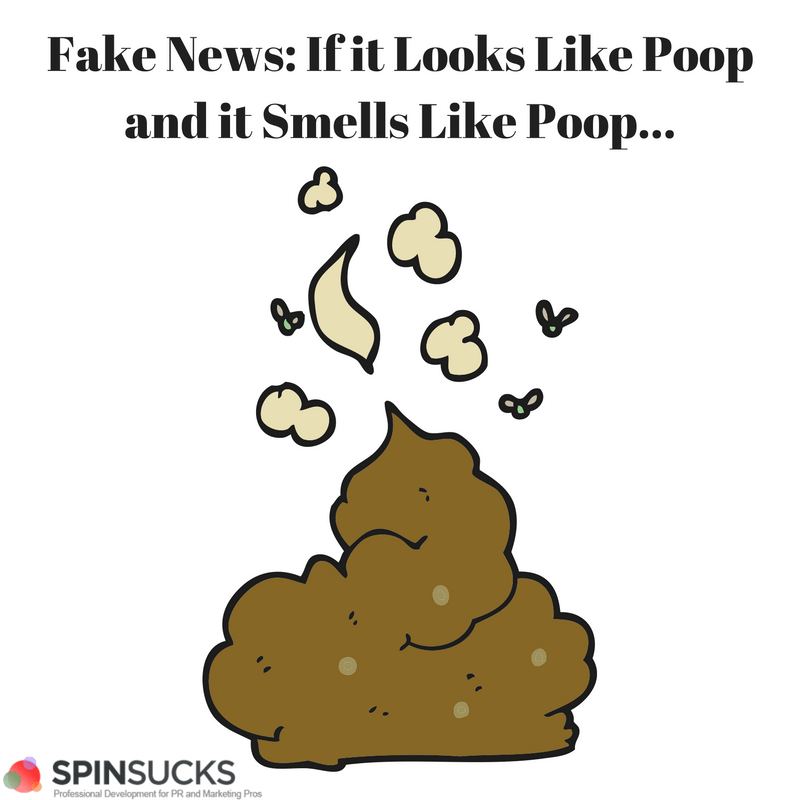 In 2012, a small business owner in Florida experienced a major hit to his business because he bear hugged President Obama.
In 2012, a small business owner in Florida experienced a major hit to his business because he bear hugged President Obama.
Scott Van Duzer faced boycott threats from individuals upset over the affection he showed POTUS.
Many Republicans took to Yelp to slam Van Duzer—who, by-the-way, is also a Republican—for having the gall to respect Obama.
One irate Arizonan wrote on Van Duzer’s restaurant’s page:
Talk about committing business suicide. After picking up Obama, your books are gonna be in the red pretty soon. Not too smart.
The problem with this reviewer—and many others—is he’d never actually been to Big Apple Pizza & Pasta.
He was reviewing the restaurant simply because Van Duzer hugged Obama.
Thankfully, Van Duzer’s real customers took to Yelp and posted five star reviews, which knocked down the negative reviews.
But the man still has people (one as recent as last week) talk about his political views in their reviews.
The Fake News Phenomenon
And this was in 2012 over a fairly popular president.
Fast forward to today, where we are quickly learning that fake news sites and sites built by teenagers in Macedonia (who figured out they could make buckets of money doing this) are spreading information that is completely untrue.
On next week’s Inside PR, Martin Waxman and I discuss this fake news phenomenon and how it is permeating our society.
In a Nieman Lab article last week, Joshua Benton tells this story:
I’m from a small town in south Louisiana. The day before the election, I looked at the Facebook page of the current mayor. Among the items he posted there in the final 48 hours of the campaign: Hillary Clinton Calling for Civil War If Trump Is Elected. Pope Francis Shocks World, Endorses Donald Trump for President. Barack Obama Admits He Was Born in Kenya. FBI Agent Who Was Suspected Of Leaking Hillary’s Corruption Is Dead.
These are not legit anti-Hillary stories.
Any one of us could look at those headlines individually and laugh.
It’s common knowledge that the Pope does not endorse a United States political candidate.
And yet…when it came to the election and using critical thinking skills, we all seemed to have lost them.
Any story we read that supported our views—or made us more angry, we shared without checking the source.
And it’s not getting better post-election.
Bottom-Feeding PR Pros Will Take Advantage
What’s more concerning, though, is what Shel Holtz says in his blog post about fake news:
Meanwhile, non-political operatives will undoubtedly learn the lesson of the 2016 election and apply similar tactics against businesses. The list of potential motives is endless: Anti-corporate activism, unsavory union tactics, competitive harassment, dissatisfied shareholders, unethical stock traders, even ethics-challenged, bottom-feeding PR practitioners…
But there is a call for the social networks to moderate for fake news, and Google and Facebook have responded.
Both companies have updated their policies to ban fake news sites from using their advertising networks.
That will stop the teenagers in Macedonia from cashing in on fake news, but what about the social sharing?
There isn’t a way to stop that unless we collectively begin to flag fake stories.
Apparently there is a not-so-secret task force at Facebook whose soul mission is to make recommendations to the social network giant on how to prevent fake news from being shared.
Trust Me, I’m Lying
But Shel believes it’s too little, too late.
Here he is again:
But let’s be realistic. Efforts by Facebook, Google, and others to stifle fake news will fail. This genie is out of the bottle. Now that people know fake news produces real outcomes, they will find ways around the blocks, just as spammers and hackers who deploy computer viruses have. Further, not every fake news creator has a profit motive. Someone out to depress a company’s share price, create hysteria about a company’s practices, or build a movement against a CEO couldn’t care less if the fake story produces revenue. Their only interest is seeing it spread.
This very blog exists for the sole purpose of changing the perception that people have of the PR industry.
That’s why books, such as Trust Me, I’m Lying, that expose the weaknesses in today’s media outlets are both infuriating and important.
We have to know what’s possible, how the bottom feeders think, and what that will do to all of our reputations.
It’s hard enough to convince executives to let us do our jobs, while we begin to prove how effective PR is.
Now we have to deal with far more unethical practices that can sound pretty compelling when one is talking about their competitor.
How PR Pros Can Ethically Fight Back
While there isn’t a clear answer on how to deal with this if you face fake news, the best thing you can do is add it to your crisis preparedness plan.
Sit down with your team and discuss the tactics you’ll be ready to employ when it happens.
Create different scenarios, everything from bad reviews like Van Duzer faced to attacks on your CEO for something he or she never said.
Figure out what will escalate each, who is responsible, and how you will communicate.
In most cases, while legal fights will ensue and you will eventually win, the court of public opinion will already have beat you.
Be prepared to go all out on the social networks where the untruths are being spread.
While Van Duzer had a boycott of his business and the bad reviews hurt sales for about a week, he did rebound and then some.
Now is the time to build great and trustworthy relationships with high-profile journalists and influencers, and with your best brand ambassadors.
These are the people who will help you when your competitor decides to take you down by creating fake news.